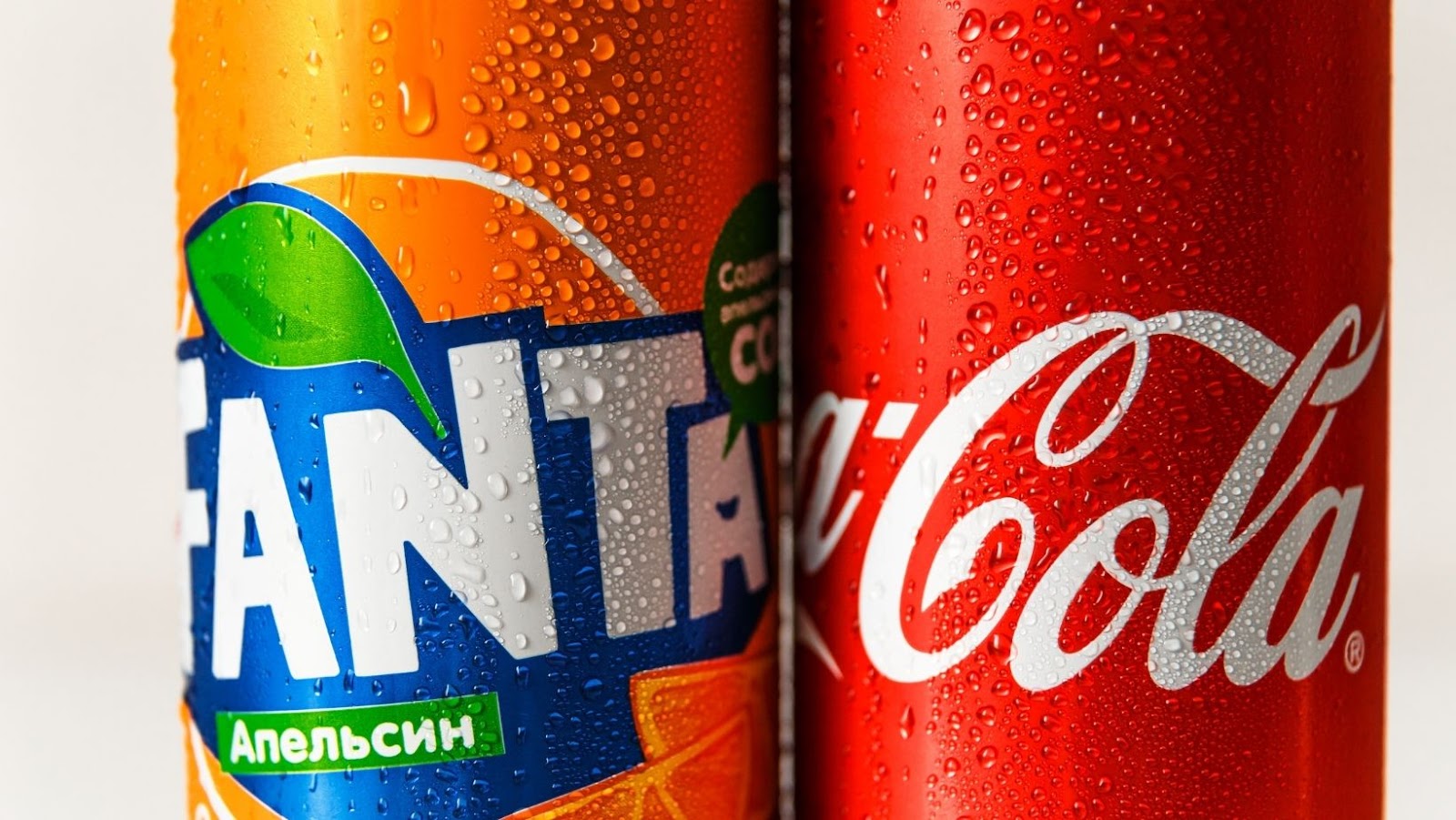Some ingredients to avoid while feeding your baby

The kid’s digestive system is relatively immature until it reaches three years old. A baby has not yet produced enough of all the enzymes needed to process heavy food, so you should keep some restrictions on particular ingredients to avoid while feeding a kid.
Stone and Citrus Fruits
Until a baby learns to control the chewing and swallowing process, you should not take risks. It is better to give fruits by removing the stones. By the way, such beneficial berries as grapes, pediatricians do not recommend delivering to children under two years of age, as it is believed that it causes bloating and can provoke an allergic reaction. Pediatricians advise gradually introducing citrus fruits after one year. However, you should not lose vigilance until a baby is three years old because, at any time, they can provoke an allergic reaction, such as skin problems such as baby eczema or even digestive issues.
Besides that, there is a list of some vegetables that can not be given to children:
- chard
- spinach
- seaweed
These vegetables contain high concentrations of nitrates, which causes methemoglobinemia. It affects the mucous membranes and reduces the amount of oxygen in the blood.

Nuts
The basis of nuts is a protein containing Omega-3 and Omega-6 and many vitamins, minerals, and more. However, nut protein is tough to ferment in the intestine, even in adults, and in children under three years of age can cause serious digestive problems. In addition, it is difficult for a kid to chew whole nuts so that it can damage the enamel of the lower first teeth. Introduce each type or variety of nuts into the kid’s diet separately and do not give the product more than twice a week.
Table Sugar and Salt
Even though sugar is necessary energy for the body, the early introduction of a sweet additive in the baby’s menu can confuse the taste buds. Furthermore, sugar interferes with the absorption of calcium, so it is not recommended to sweeten baby food. Moreover, its presence in large quantities can overload the kidneys, liver, and hormonal system.
Giving sugar to children under one year is not recommended because it’s simply not needed. The required amount of sugar lactose is contained in breast milk. Bottle-fed kids also do not need table sugar, as organic milk formulas contain lactose. If you start introducing complimentary food to a baby, the required dosage of sugar and carbohydrates is in vegetables, cereals, and fruits.
A newborn has immature kidneys that are not yet able to filter large amounts of salt. In addition, an excess of this mineral can lead to nervous excitement. At an older age, there is a high probability of problems with the kidneys, pancreas, and joints. Sodium chloride in table salt leads to fluid retention, which can lead to hypertension and obesity.
The needed amount of salt a baby receives with breast milk or infant formula in which salt is contained in its natural form. The introduction of complementary foods, fruits, vegetables, cereals, and meat provides a child with this mineral.

Coffee, Soft Drinks, and Tea
Coffee, soft drinks, and tea may contain large amounts of caffeine and other additives that inhibit the absorption of iron and calcium. They are also directly responsible for over-stimulating the baby’s nervous system. Even a tiny dose of caffeine (which, incidentally, is found in Coca-Cola and tea) can cause a child’s hyperactivity, hyperexcitability, and sleep problems. Soft drinks contain flavors, preservatives, and dyes that harm children’s health. Therefore, doctors advise parents not to give these drinks to kids under three years old because preservatives can adversely affect the babies’ development and cause mental instability.
What's Your Reaction?
Deepak is a lover of nature and all things sporty. He loves to spend time outdoors, surrounded by the beauty of the natural world. Whether he's hiking, biking, or camping, Deepak enjoys being active and in touch with nature. He also loves to compete and push himself to his limits. Deepak is an avid cyclist, runner, and swimmer. He has competed in several triathlons and marathons, and is always looking for new challenges to take on.



